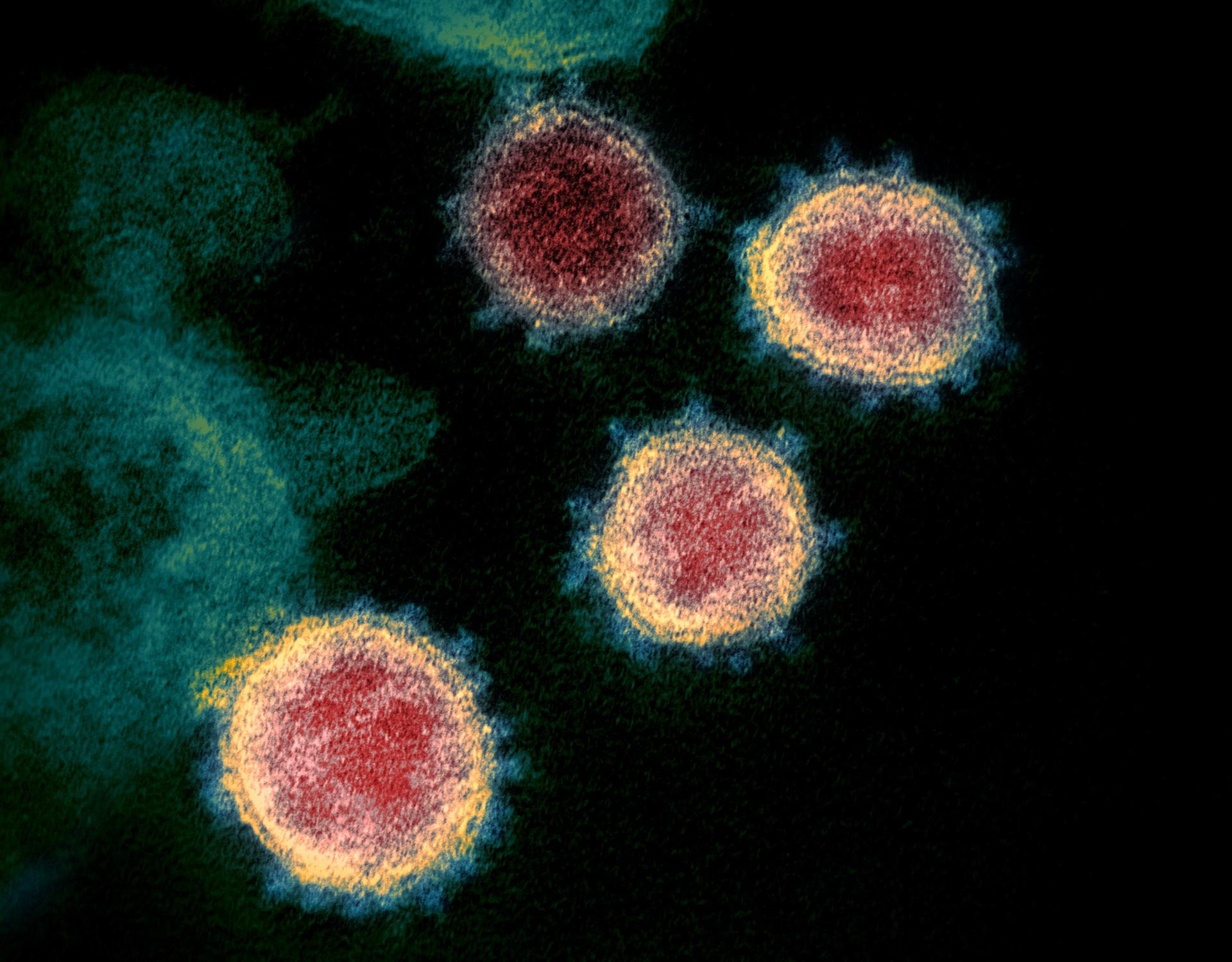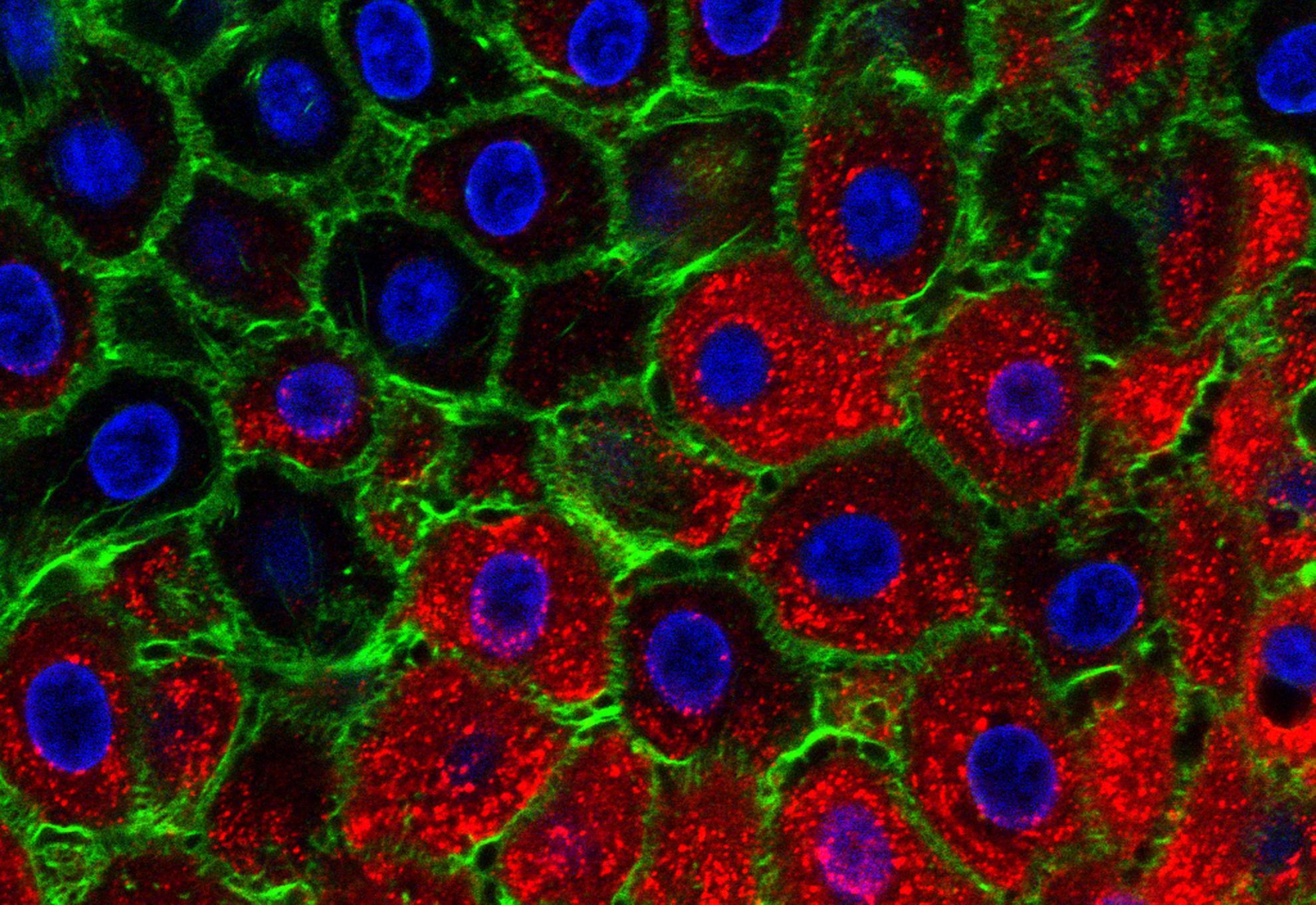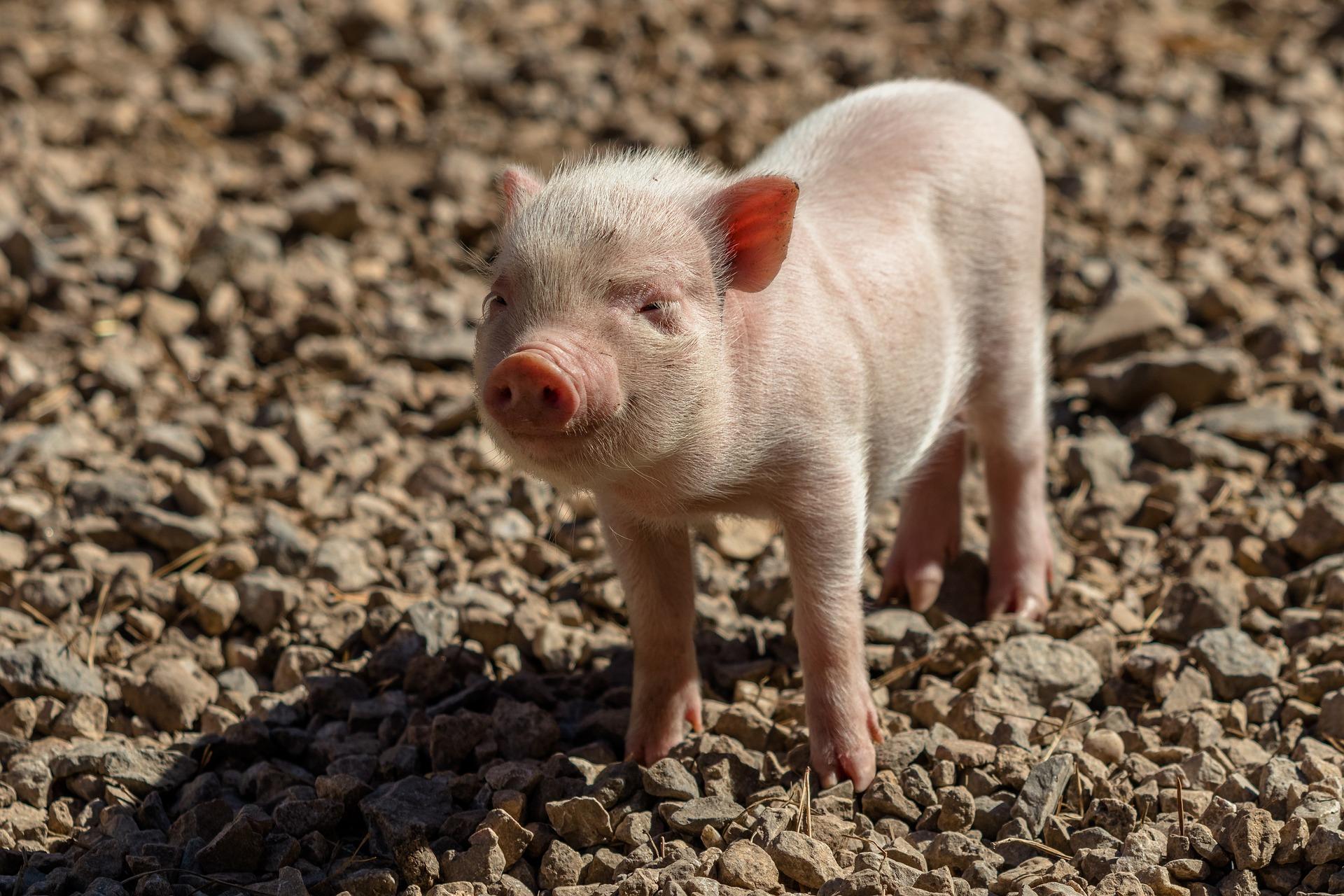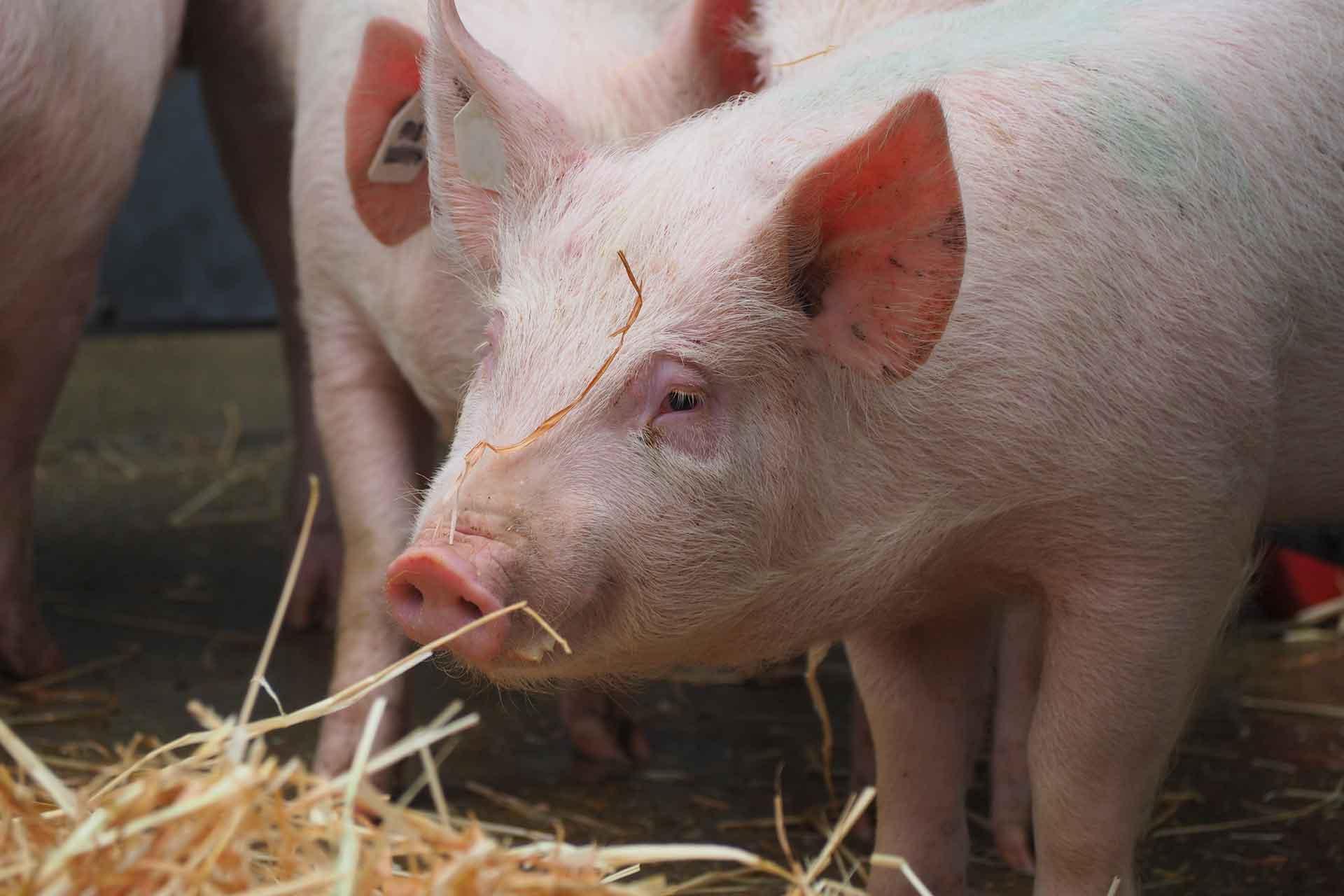Our group
The picornavirus family of viruses includes a number of important pathogens of animals and humans, for example foot-and-mouth disease virus (FMDV), poliovirus and human rhinovirus (the common cold). We are interested in picornavirus cell entry, replication, assembly, structure, antigenicity and evolution.
Our aims
Research in our group is intended to improve our understanding of the biology of these viruses at the molecular level and to apply this knowledge towards improved control of the disease.
Our research
Current research projects include:
- Role of VP4 in picornavirus cell entry
- Membrane interactions and uncoating by FMDV
- Molecular Biology of FMDV Replication
- Capsid assembly
- Mechanisms of RNA packaging
- Virus evolution and antigenic variation.
Research in the group is funded by the Medical Research Council and the Biotechnology and Biological Sciences Research Council (BBSRC) project grants, BBSRC DTP studentship and The Pirbright Institute funded studentship.
We use a variety of approaches in our research including cell culture & classical virology, reverse genetics, fluorescence microscopy, recombinant proteins, model membranes, and next generation sequencing & bioinformatics. Additional approaches such as structural biology (electron microscopy and X-ray crystallography) and proteomics are carried out via active collaborations with universities such as Leeds, Oxford, Dundee and Harvard.
Our impact
Foot-and-mouth disease virus is among the most significant pathogens of livestock, causing an economically devastating disease affecting both the developed and developing world. The disease is controlled by inactivated virus vaccines which can be effective but have significant limitations.
Human rhinovirus (HRV) is the most frequent cause of the common cold and is also associated with a range of more serious clinical outcomes including severe respiratory disease in infants and exacerbation of chronic respiratory conditions such as asthma. Other related human picornaviruses (such as EV71 and EV68) have emerged in recent years to cause huge epidemics of more serious disease leading to hundreds of child deaths. No vaccines or antivirals are available to control these diseases.
Fundamental research to improve our understanding of the mechanisms of virus replication can lead to novel approaches for diagnostics, vaccines and antivirals to help control these viruses.








